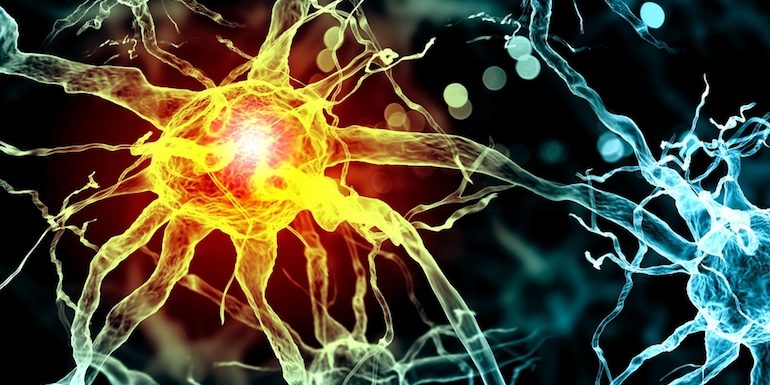We all know that the perceived experience of pain varies widely from individual to individual. Researchers are just now beginning to understand why that is by studying both genetic and environmental variables that contribute to pain sensitivity.
What is pain sensitivity?
Pain sensitivity, the point at which stimulus is regarded as painful or not, was studied among 25 pairs of identical twins. In a King’s College London study, published in Nature Communications, researchers looked at whether or not the identical twins shared the same pain sensitivity. If genetics solely controls the experience of pain, these twins should have shared the same levels of pain sensitivity.
It may not seem terribly surprising that researchers found that levels of pain sensitivity varied widely among identical twins.
Due to this variation, the scientists were able to show that environmental and lifestyle factors also play a large role in our perception of pain. They suggested that epigenetics–the process by which genes switch on or off by environmental and lifestyle factors–distinctly alter our experience of pain. In particular, one gene TRPA1 was found to contain the most significant differences between twins. Already a known pain sensitivity gene, TRPA1 is often targeted by certain painkillers.
This research shows, however, that it may be possible to “switch off” the major pain experiences of the body. As the study notes, those with heightened pain sensitivity are also more likely to develop chronic pain symptoms. By epigenetically changing the gene responsible for this, researchers may be able to better treat pain.
Managing pain sensitivity
While it may one day change the way we treat pain, this study also highlights the large effects that our environment and our lifestyle choices can make on our experience of pain. In your day-to-day experience, consider how you can use this idea to manage your own pain. Consider:
- How can you better regulate your stress levels?
- Which foods can you eat to help, rather than exacerbate, your pain symptoms?
- What relaxation strategies or alternative therapies can you try to help manage your pain?
- When can you add moderate exercise into your day?
Incorporating a comprehensive, full body/mind approach to pain management can help you find greater levels of relief from your pain.
How does your lifestyle or environment affect your pain sensitivity? Do you find that you experience more pain when you’re stressed or eating unhealthy?


